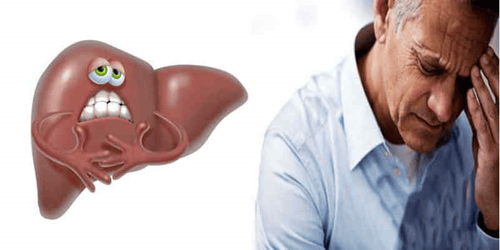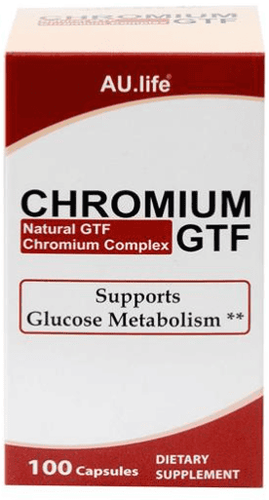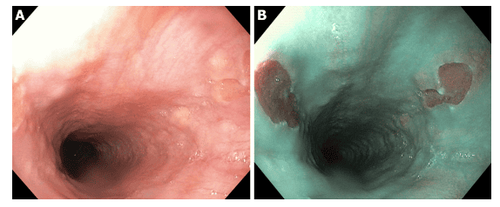This is an automatically translated article.
Posted by Master, Doctor Mai Vien Phuong - Department of Examination & Internal Medicine - Vinmec Central Park International General Hospital
Atrophic gastritis, regardless of its cause, leads to nutritional deficiencies through parietal cell atrophy and, as a result, decreased acid secretion. Deficiencies of vitamins D, C, and calcium are well described, but often diagnosed late.
1. Vitamin D and calcium deficiency
There are limited studies showing that osteoporosis (due to malabsorption of vitamin D and calcium) is more common in conditions associated with decreased acid secretion, such as after gastrectomy, chronic PPI users and atrophic gastritis of the gastric mucosa.
The exact mechanism leading to this association is unclear and the available evidence is controversial. A recent study from Italy evaluated the prevalence of 25-OH-vitamin D (25(OH) D) deficiency in a cohort of 87 patients with chronic atrophic gastritis. They found that in the chronic atrophic gastritis group, the mean 25(OH)D level was significantly lower than the control group (18.8 vs 27.0 ng/ml, p < 0.0001).
In addition, patients with chronic atrophic gastritis with moderate/severe gastric atrophy had a lower 25(OH)D value than patients with mild atrophy. This suggests that the severity of gastric atrophy is related to the degree of malabsorption 25(OH) D. As indicated above, any condition that results in decreased acid secretion can lead to to calcium malabsorption due to unclear mechanisms.
Stomach acid plays an important role in calcium absorption because it increases the solubility and ionization of poorly soluble calcium. Recker et al found that in patients with hypoacidity, calcium carbonate absorption was less than in controls with normal gastric acid. It is also suggested that vitamin B12 deficiency in patients with atrophic gastritis may play a role in vitamin D deficiency (and calcium malabsorption).
2. Vitamin C Deficiency
The possible mechanism of vitamin C deficiency in chronic atrophic gastritis appears to be different from the mechanism described above. Older studies suggest vitamin C deficiency due to malabsorption, inadequate intake, increased metabolic demands, and rapid destruction in the gastrointestinal tract.
Elevated pH levels (due to decreased acid secretion) and bacterial overgrowth can also be a factor. Alt et al evaluated the effect of pH on the stability of ascorbic acid in vitro and demonstrated 65% destruction of ascorbic acid at pH 7.95 compared with only 14% at pH 1.45. The antioxidant effect of vitamin C may protect against gastric atrophy and reduce the incidence of gastric cancer. Clearly, further studies are needed on the consequences of vitamin C deficiency in gastric diseases.

3. Conclusion
Atrophic gastritis, regardless of its cause, leads to nutritional deficiencies through parietal cell atrophy and as a result decreased acid secretion. Deficiencies of vitamins D, C, and calcium are well described, but often diagnosed late. A patient with unexplained iron deficiency anemia should be excluded from atrophic gastritis (and concurrent H. pylori). The importance of vitamin D, calcium and vitamin C malabsorption in chronic atrophic gastritis remains to be seen.
Currently, Vinmec International General Hospital is a prestigious address trusted by many patients in performing diagnostic techniques for digestive diseases, diseases that cause chronic diarrhea, Crohn's disease, inflammatory bowel disease.. Along with that, at Vinmec Hospital, screening for gastric cancer and gastric polyps is done through gastroscopy with Olympus CV 190 endoscope, with NBI (Narrow Banding Imaging) function. narrow light frequency) results in clearer mucosal pathological analysis results than conventional endoscopy, detection of ulcerative colitis lesions, early gastrointestinal cancer lesions... Vinmec Hospital with modern facilities and equipment and a team of experienced experts, always dedicated to medical examination and treatment, customers can be assured of gastroscopy and esophagogastroduodenoscopy services here. .
Please dial HOTLINE for more information or register for an appointment HERE. Download MyVinmec app to make appointments faster and to manage your bookings easily.
References Gluckman CR, Metz DC. Gastric neuroendocrine tumors (Carcinoids). Current Gastroenterology Reports (2019) 21:13. 2.Sato Y. Clinical features and management of gastric carcinoid type 1. Clin J Gastroenterol (2014) 7: 381386.
Lahner E, Carabotti M, Annibale B. Atrophic gastritis: Manifestations, diagnosis and clinical outcomes. EMJ Gastroenterol. 2017; 6 [1]: 75-82. Bank M, Graham D, Jansen M, et al British Gastroenterology Society guidelines for the diagnosis and management of patients at risk for gastric adenocarcinoma. Intestine. September 2019; 68 (9): 1545-1575.














